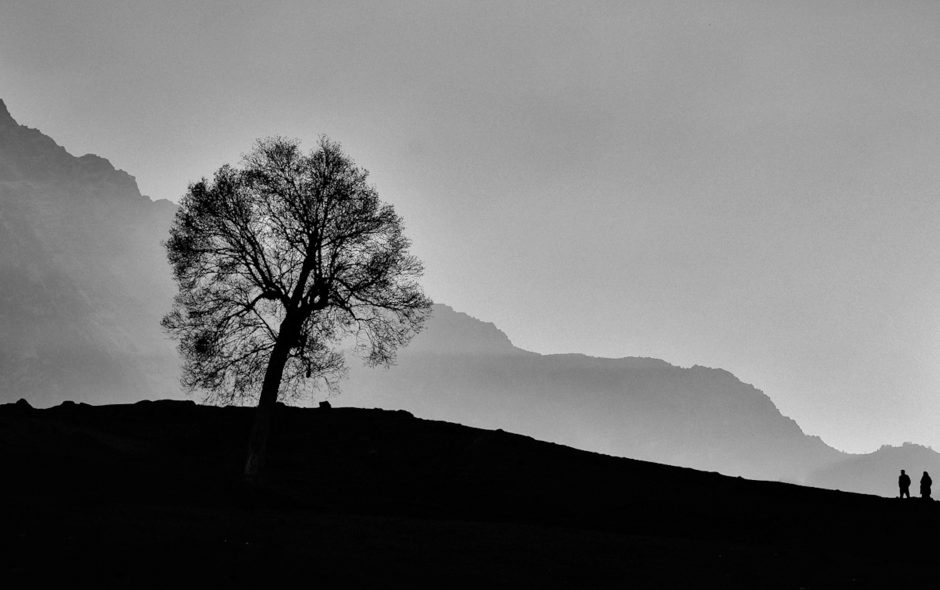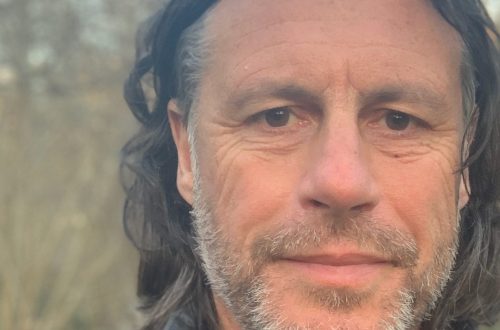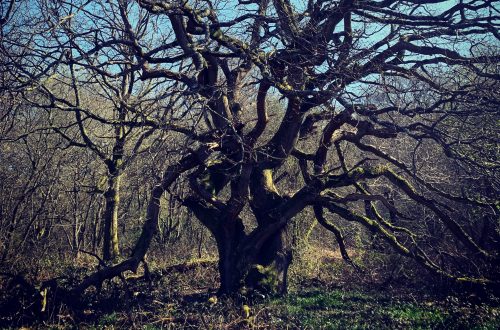At one of the first gatherings of eco-psychologists in the UK, maybe ten years ago, a new acquaintance of mine recounted a story.
He had gone to the US to attend a training course run by Native Americans promising to teach how to live in a closer relationship with the natural world. During a coffee break, my friend was talking to one of the tutors. He explained the reason that he had traveled to the US to train with them. In the UK our indigenous culture, deeply in tune with the natural world, had vanished a thousand or so years ago. He had traveled to learn from those still in touch with the land.
The tutor paused before replying, then said, “Don’t come to us to learn these things. Go back to your own land, she will teach you again”.
That simple injunction, “Go back to your own land, she will teach you again” has stayed with me, deeply haunting me over the past decade.
What would it mean to be taught by the land? Who would I need to be? What would I need to do? … in order to become receptive to this wordless enformation.
Scanning the landscape, I see several movements or approaches that might appear to fit this notion. But each one of them, in the end, I feel is not going to create a place where we, I, could be in the place of being truly tutored by the land.
The current environmental movement – very needed at our current moment of crisis – but ultimately a global exercise in self preservation for the human race. When we re-introduce wolves in Yellowstone Park arguably we are restoring the wisdom of nature and learning from it. But when we plant wind farms in wild places we have not become wiser. We continue to see the land a useful resource for human civilisation. There is no fundamental change in mindset from a coal mine or an oil rig – nature is to be used by us to support our own way of life – just we aren’t producing CO2 anymore. But violence is still being done to wildness.
The fascination and adoption of what scant knowledge we have of the myths and wisdoms of our ancient ancestors. Rich and rewarding territory no doubt and I love to participate in this to a great degree. However the idea that it it is useful to return to ancient ways is flawed in at least two ways. Firstly, there was no perfect past, every stage of human existence has its goodness and brokenness and it is act of projection to imagine a model past to be recaptured and emulated. Secondly, myths and stories are only filters – it is useful to put on other filters to gain insight. However, whilst any filter allows us to see things in new ways, in the same moment, it obscures other aspects of reality from view. It is interesting to consider the birch tree as an expression of feminine wisdom and to do so causes us to experience that specific tree in that woodland clearing in a particular way. But we must then step back from this. Holding that “truth” causes us to experience the tree in a certain way but obscures endless other ways that the tree can show up in our experience. I get interested wondering what un-languaged experience led the ancients to weave their story. It is the pre-cognitive experience that is the deeper training. The story of the ancients can be a hint of where to look but it blurs the unspoken teaching if we hold to it as “true”.
So what could be a possible path to a place where we could be once again taught by the land we live on?
Photo by Eriks Abzinovs on Unsplash



